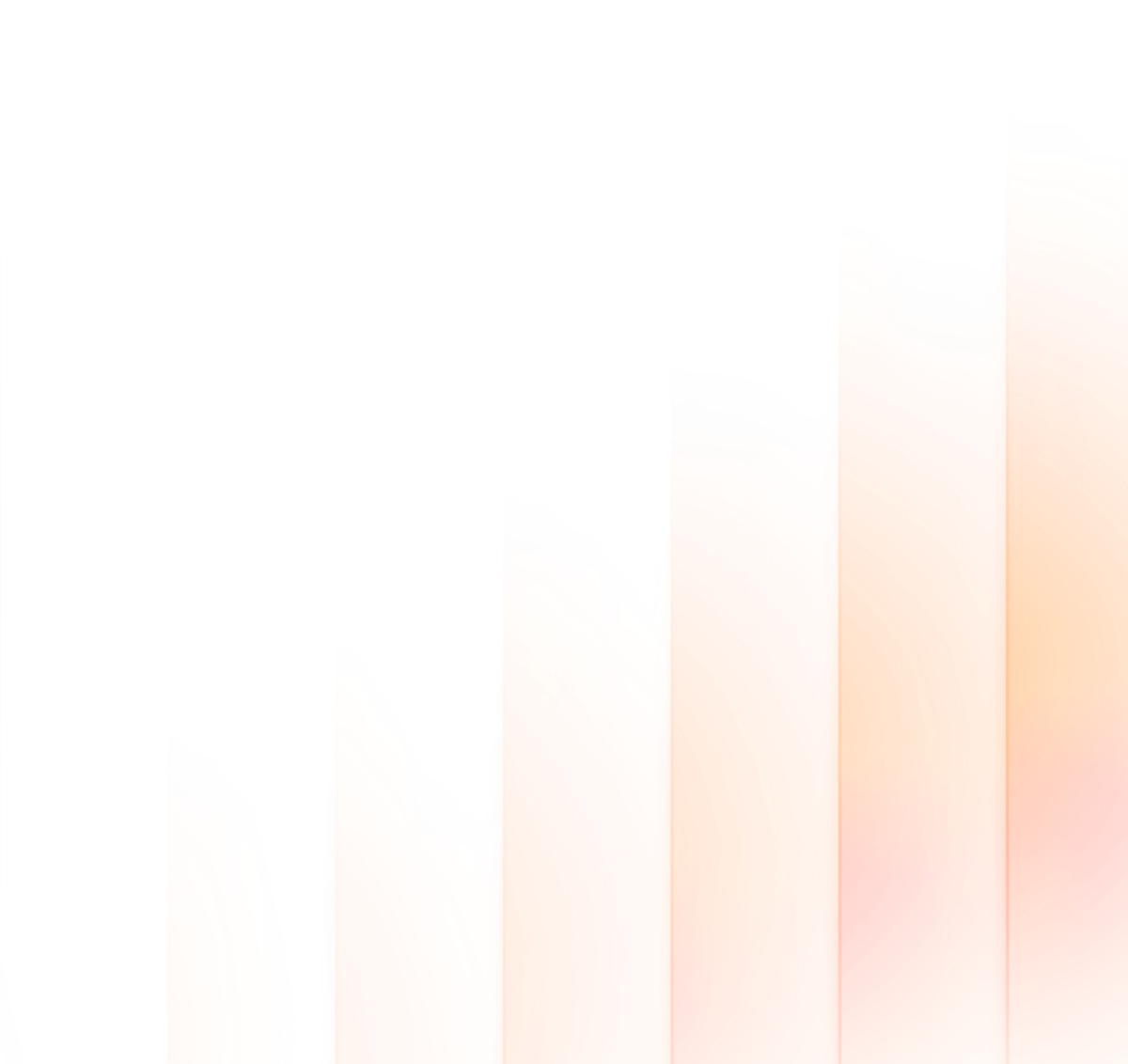
Solar panels are built to be durable, efficient, and long-lasting — but like any electrical system, problems can happen. When your panels stop producing the power you expect, it can be stressful and confusing, especially if you’re not sure where the issue is coming from.
If your solar panels suddenly aren’t working or are underperforming, here are the most common causes and what homeowners should do next.
1. Your Inverter May Be Faulty or Offline
The inverter is the “heart” of your solar system. If it stops working, your entire system can lose power production.
Common inverter symptoms include:
- Red or orange warning lights
- Beeping or clicking noises
- No power being sent to your home
- System disconnects
- App showing zero production
Inverters typically need repair or replacement every 8–12 years, and a licensed electrician should always handle the diagnostics.
2. Storm Damage You Can’t See
Texas weather can be tough on solar systems. After hail, windstorms, or heavy rain, panels may have:
- Micro-cracks
- Loose wiring
- Damaged connectors
- Water intrusion
- Faulty mounting hardware
Even if the damage isn’t visible from the ground, it can lower production or cause the system to shut down. A storm inspection can catch these issues early.
3. Your Monitoring App Is Disconnected
If your monitoring app shows zero power, your system may still be working — the app just isn’t connected.
This can happen due to:
- Wi-Fi changes
- Router resets
- App updates
- Wiring issues
- Inverter communication faults
A solar technician can quickly reconnect monitoring and make sure your production data is accurate again.
4. Dirt, Debris, or Buildup Is Blocking Sunlight
Over time, panels collect:
- Dust
- Pollen
- Bird droppings
- Tree debris
- Air pollution buildup
Even a small amount of debris can significantly reduce production. Professional, solar-safe cleaning restores efficiency and prevents long-term staining or cell damage.
5. Your Wiring or Connectors May Be Loose
Loose wiring and connectors are one of the most common causes of intermittent solar problems. They can happen due to:
- Heat expansion
- Vibrations from wind
- Aging hardware
- Poor original installation
Because solar wiring carries high voltage, a professional should inspect and repair these issues — never attempt to fix wiring on your own.
6. You Recently Replaced or Repaired Your Roof
If your panels were removed during a roof project, your system may not have been reinstalled correctly. Common post-roof issues include:
- Incorrect wiring
- Poor grounding
- Missing or damaged flashings
- Improper system reboot
- Monitoring not reconnected
A professional detach & reset team ensures panels are removed and reinstalled safely, without damaging your roof or equipment.
7. Your Inverter or Breaker Is Tripped
Sometimes an electrical overload, lightning strike, or wiring fault can cause:
- A tripped breaker
- A tripped inverter
- A safety shutdown
While resets may temporarily restore power, a proper diagnostic ensures the system is safe and prevents repeat shutdowns.
8. Your Panels Are Aging
Solar panels lose a small amount of efficiency each year. After 12–15 years, many homeowners begin to notice:
- Slower production
- Degraded cells
- Outdated inverter technology
- Incompatibility with modern monitoring
A system upgrade or new inverter can restore lost performance and support battery storage if you want backup power.
9. Shading Has Increased Over Time
Even if your panels were installed in full sun originally, shading changes can affect long-term performance. Trees grow, rooflines change, and new construction can block light.
Signs of shading issues include:
- Decreased morning or afternoon production
- Uneven panel performance
- New hotspots forming on panels
A technician can evaluate shading and recommend solutions.
10. Your System Was Installed Incorrectly
Unfortunately, not all solar installers deliver high-quality work. Homeowners often see problems like:
- Poor wire routing
- Incorrect grounding
- Low-quality mounting hardware
- Crushed conduit
- Inaccurate monitoring setup
- Leaks around flashing
In these cases, a licensed repair team can correct the installation and bring the system up to code.
When to Call a Solar Professional
Homeowners should schedule a professional solar repair when:
- Your production drops suddenly
- Your system goes offline
- Your inverter shows warning lights
- You hear buzzing, clicking, or humming
- You see physical panel damage
- Your roof was recently replaced
- A storm recently came through
Waiting too long can worsen damage and reduce long-term efficiency.














